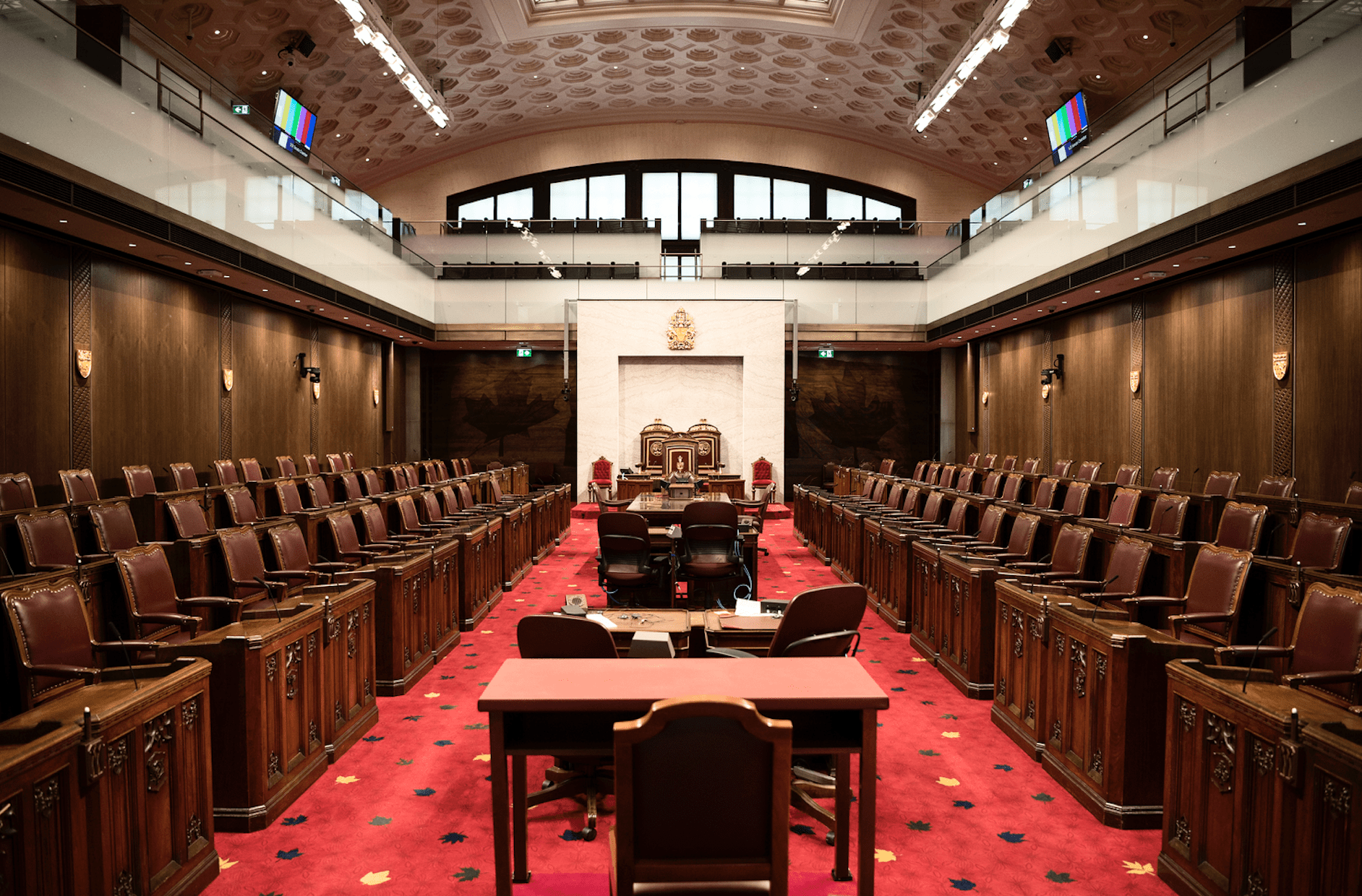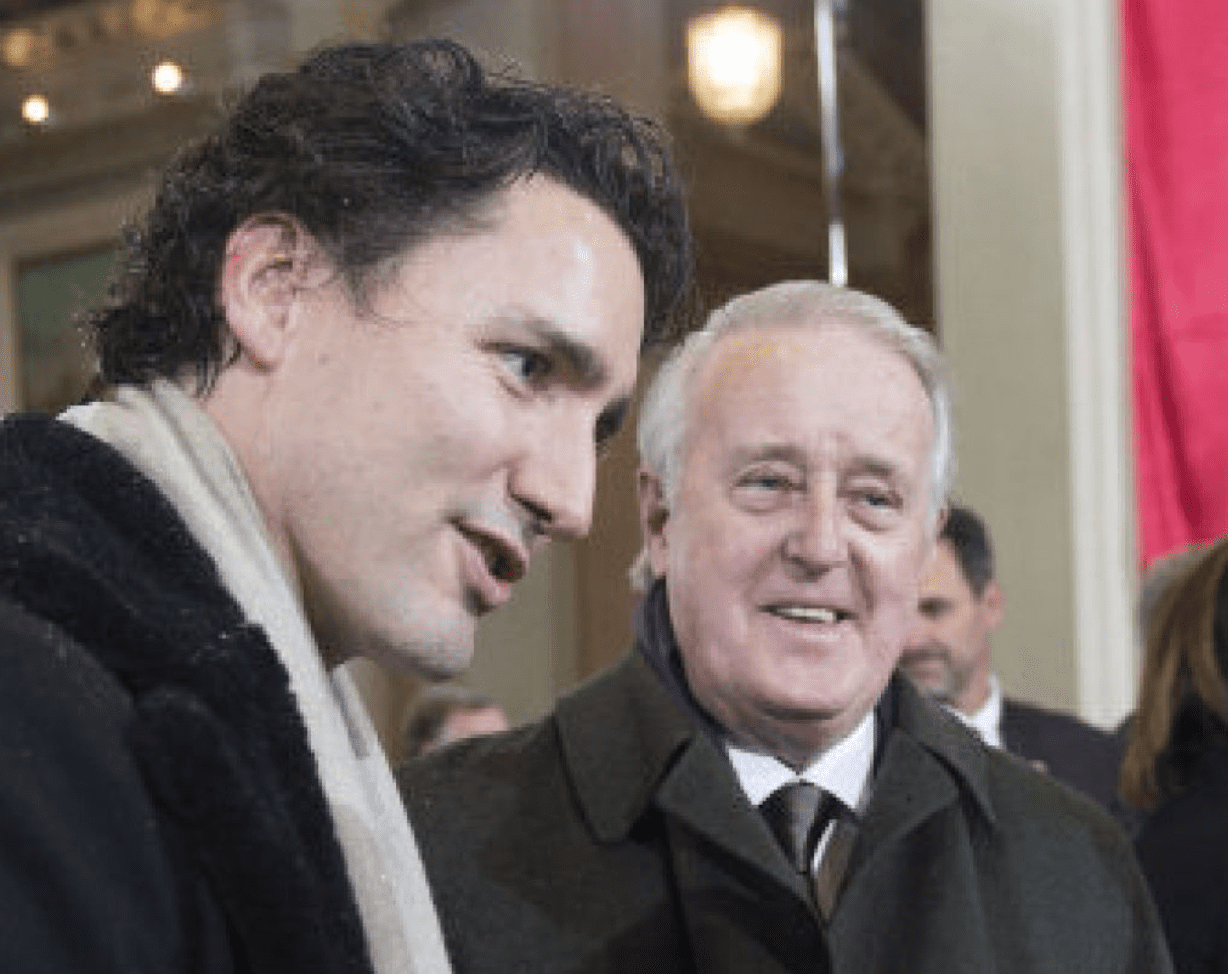The inevitable has happened, and the Independent Senators Group has seen its first major breakaway caucus along with a couple of Conservatives to form the "Canadian Senators Group," a group of eleven senators (so far) who want a bigger focus on regional issues than is currently being felt in the Chamber. I have a few reservations about this particular rationale for forming a new caucus regional representation is after all one of the hallmarks of why the Senate exists but the more important consideration here is how this will change the dynamics in the Senate, at a time where more changes are coming by way of legislation and attempts to reform the rules of the Chamber.
Despite the fact that many of the media stories tried to wedge this move into the frame of the heightened regional tensions in Alberta and Saskatchewan, irresponsibly so, this has little to do with the results of the election as my own sources have told me that members of this group have been trying to organize this breakaway from the Independent Senators Group (ISG) for the past couple of years, but hadn't been able to get to the magic number of nine senators needed to form an official group until now. And while none of the senators I spoke to, both on the record and on background, would say that this move had anything to do with the current management of the ISG, there has been some friction between the ISG's leadership and some of the members of this new CSG.
In comments made to media and social media, PEI Senator Dianne Griffin, one of these new CSG members, said that she was looking forward to this smaller group because it had become unwieldy in the ISG to have discussions on policy issues with nearly 60 members in their fold. And while that certainly may be the case, I do also suspect that there was some bristling about some of the ISG's heavy-handed (and indeed ham-fisted) rules around any kind of partisan affiliation for its members, which included now-CSG senators like Griffin and Stephen Greene (though no one I spoke to would admit this). Indeed, the CSG will be far less draconian on the question of partisan affiliation as its interim leader, Senator Scott Tannas, stated to me and other media outlets that he remains a card-carrying Conservative member and donor, but is now removing himself from their Senate caucus.
Given that ideology is not really going to be the uniting principle for the CSG they include some current or former Conservatives, some appointed Independents, and at least one former Liberal what is the glue that holds them together? According to Tannas, it's the approach to their work, which will be not be about coming to common positions, but will rather be about establishing a professional research bureau for its members, and allowing them to use that to come to their own determinations. More practically, because they have the size to be an official caucus under the current Senate rules, it will mean that they will be able to get seats on committees and make meaningful contributions to debates there which is their stated aim. As well, they have a stated aim of not growing their caucus over 25 members, under the rubric that they won't dominate the Senate in any capacity, but will simply give them leverage to make their contributions.
On an organizational level, Tannas would not venture an opinion as to the question of preferring negotiating timelines in daily Scroll meetings versus the approach from Government Leader in the Senate err, "government representative," Senator Peter Harder in trying to establish a business committee, saying that it would be up to the individual members of the CSG to make their own decisions when the time comes, but it would seem to me that on a day-to-day basis, they will likely be engaging in the Scroll meeting process as they will have a leadership team that can at least fulfill those roles (though without a functional whip, we will see if they would have the same problems with adhering to agreed-upon timelines for legislation that the ISG has).
This being said, some of the background conversations I had certainly showed that some of these senators are not in favour of the business committee model, which will frustrate Harder and the ISG's plans for radical overhaul of the Senate rules. That will hopefully go a long way to at least preserving some of the functional rules of the Chamber from being distorted entirely by a group of senators who don't understand how the institution is supposed to work, and whose egos are too big to see that they are likely to do more damage than good, while they try to disempower the Conservative opposition because they're "partisan" (as though the ISG isn't in their own particular way).
The other thing that the creation of the CSG does is start to shift the Senate back toward a three-caucus model as the Liberals are set to lose their official status early in the New Year with the mandatory retirement of Senators Joseph Day and Serge Joyal. Senator Elaine McCoy, who joined the new CSG, has long made the point where the Senate functions best with three ostensibly equal-sized caucuses (Liberal, Conservative, and ISG) because it prevents any one group from dominating, which was where the trouble came in. It's a position that I think is right though I would argue that the crossbench/ISG group doesn't need to be equal in size, but simply large enough to prevent the power duopoly.
So what will this mean for prime minister Justin Trudeau in this new era of a hung parliament? It will mean that the Senate will be even more unpredictable when it comes to managing the timelines for legislation, and that counting votes will be even more difficult because there is another factor of variables here that are likely to be less bound to the attempts of Harder and the ISG to apply the "Salisbury Convention" to the Canadian Senate (which was inappropriate and wrong). With the likelihood that this parliament likely won't last beyond two years, that will mean a push to get major legislation out the door as soon as possible to give it time to make it through the Senate, because that could be one big bottleneck going forward.
Photo Credit: Senate of Canada








